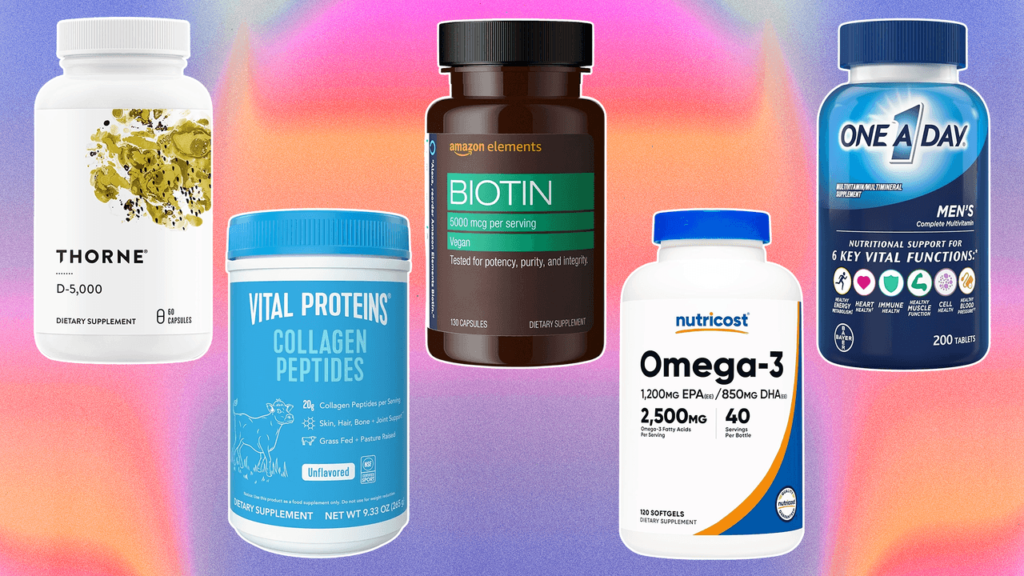“`html
Are Vitamins the Answer to Receding Hairlines?
Receding hairlines affect millions of individuals worldwide. As men and women seek solutions to mitigate hair loss, there is a growing interest in the role of vitamins and dietary supplements. This article explores whether vitamins can indeed be a viable answer to receding hairlines.
Understanding Hair Loss
Before discussing vitamins, it is crucial to understand the different types of hair loss. The most prevalent form is androgenetic alopecia, commonly known as male or female pattern baldness. This condition is largely influenced by genetic factors and hormonal changes. Other causes of hair loss can include stress, poor nutrition, and medical conditions.
Role of Vitamins in Hair Health
Vitamins play a significant role in maintaining healthy hair. Various vitamins have been linked to hair growth and vitality:
- Vitamin A: This vitamin helps in the production of sebum, an oily substance that keeps hair moisturized.
- Vitamin B (Biotin): Biotin is often dubbed the “hair vitamin” as it is essential for keratin production, a key structural component of hair.
- Vitamin C: An antioxidant that protects hair follicles from oxidative stress while aiding in collagen production.
- Vitamin D: Low levels have been associated with alopecia; it may help create new follicles.
- Vitamin E: Another antioxidant that may help prevent oxidative stress in the scalp.
Can Vitamins Reverse Hair Loss?
While vitamins can contribute to overall hair health, their efficacy in reversing receding hairlines is debated. According to a study published in the Journal of Cosmetic Dermatology, supplements containing vitamins such as biotin, as well as minerals like zinc and iron, showed a significant improvement in hair growth among people with deficiencies (Hui et al., 2020). However, these results primarily apply to individuals with documented deficiencies.
Dietary Sources of Hair-Healthy Vitamins
Incorporating hair-friendly vitamins into one’s diet can be beneficial:
- Vitamin A: Found in carrots, spinach, and sweet potatoes.
- Biotin: Sources include eggs, nuts, and avocados.
- Vitamin C: Citrus fruits, strawberries, and bell peppers are excellent sources.
- Vitamin D: Sun exposure is vital; dietary sources include fatty fish and fortified foods.
- Vitamin E: Nuts, seeds, and green leafy vegetables are rich in this vitamin.
Supplementation: A Double-Edged Sword
While supplementation can be beneficial, indiscriminate use of vitamin pills is not without risks. Overdosing on certain vitamins (like Vitamin A) can lead to toxicity. Therefore, it is advisable to consult with a healthcare professional before starting any new supplement regimen.
Beyond Vitamins: A Holistic Approach
While vitamins are essential, a holistic approach to hair health includes a balanced diet, stress management, and possibly medical treatments. Options such as minoxidil or finasteride have shown promising results in clinical settings for hair restoration.
Conclusion
While vitamins alone are unlikely to reverse a receding hairline, they play a vital role in the overall health of the hair. Ensuring adequate nutritional intake, alongside other treatments and lifestyle changes, may provide the best outcome for those seeking to combat hair loss.
References:
Hui, D., et al. (2020). Nutritional supplementation for hair loss: a systematic review. Journal of Cosmetic Dermatology, 19(1), 187-193. doi:10.1111/jocd.13161
“`





